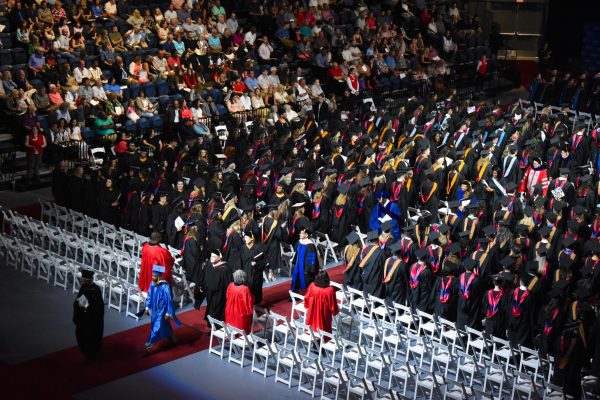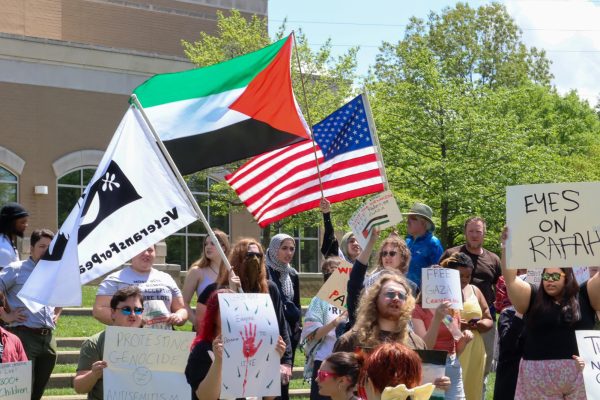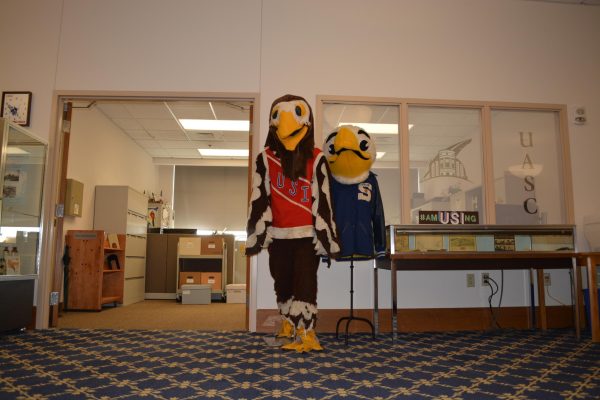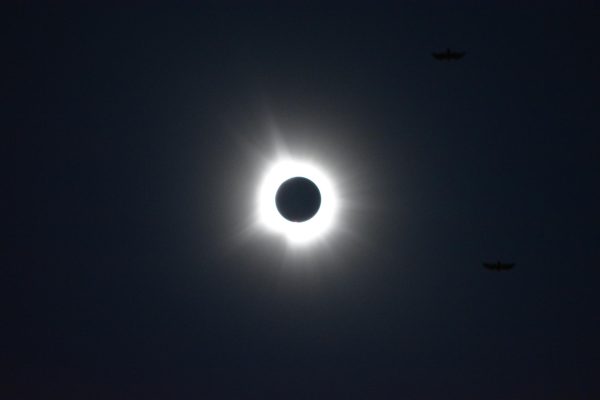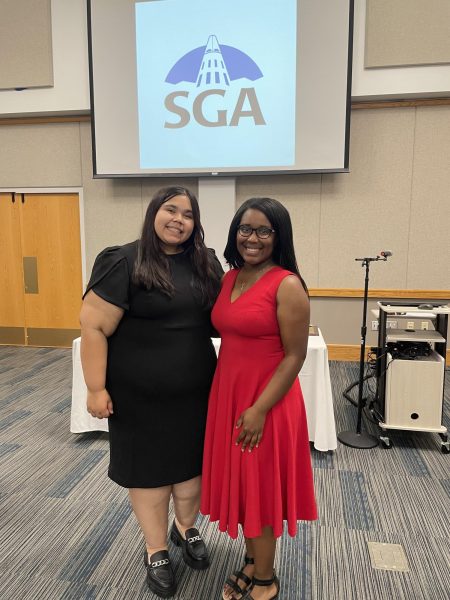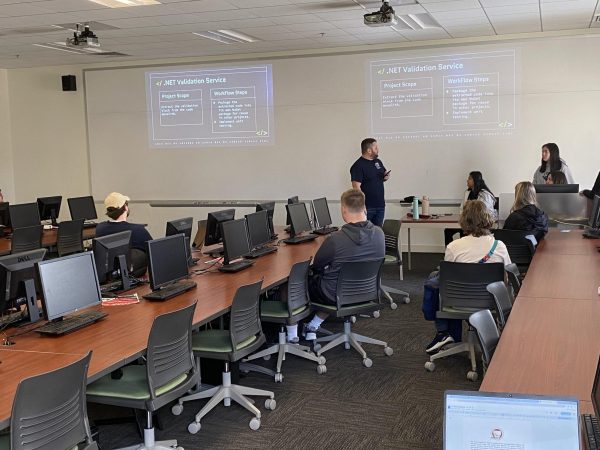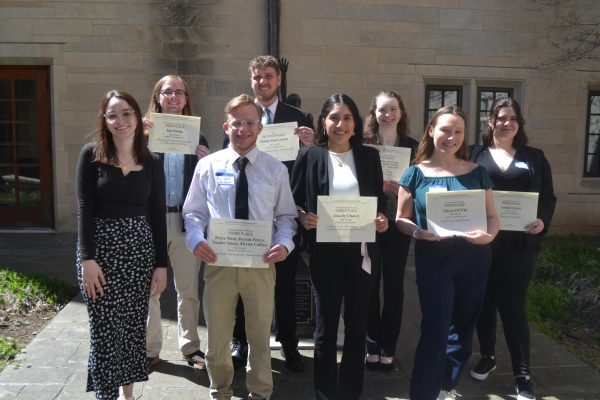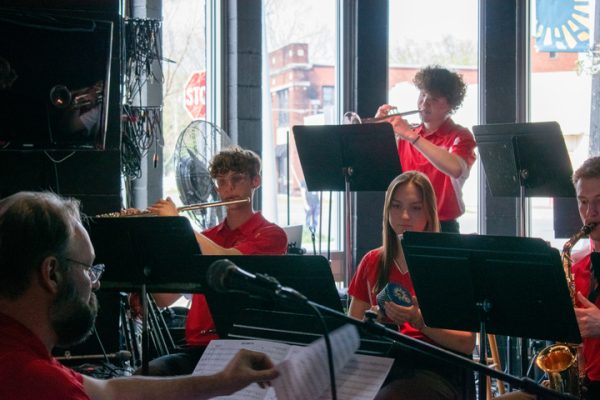Same-sex marriage ban blurs church’s future
Becoming an LGBTQ clergywoman in the United Methodist Church is not an option for Emma Loane.
Loane, a former youth pastor at Newburgh United Methodist Church, said she was sad about the UMC General Conference vote last month to strengthen it’s ban on same-sex marriages and LGBTQ clergy but not overly surprised.
“What it does is make visible tensions that have been simmering under the surface and have very real and painful repercussions,” she said.
Delegates from General Conference, which is the decision-making body for the global church, voted 438 to 384 in favor of the “traditional plan” at a four-day special session in St. Louis in February. The delegates shot down the “one church plan” which would have allowed local churches to choose their stance on sexuality.
The traditional plan was made up of 15 different petitions, nine of which were deemed unconstitutional. Churches within the denomination are awaiting a clearer interpretation of the decision from the Judicial Council which will meet in April.
The decision was largely pushed by the more conservative churches within the denomination, especially in Africa, where homosexuals are imprisoned and even sentenced to death in many countries.
Loane, who is currently attending seminary school in Louisville, said that while she believes many progressive members of the church will feel defeated after the decision, many church leaders will double down on their progressive activism and continue to marry gay people and put forward LGBTQ people for church leadership.
“Local churches do vary and I feel like if that queer person is sitting in a place where they still feel supported by people who are sitting on either side of them in the pews, I can’t say that the best thing to do is get up and leave,” she said. “I think the best thing for most people is to remain in a loving community.”
The repercussions of the decision are still unknown, but Loane said she does not foresee a split in the church over the vote.
“It is yet to become clear whether these factions that maintain certain stances will actually break off and form new denominations,” she said. “That’s really not clear right now and I honestly think we are probably 10 or 20 years down the road from actually forming new denominations.”
Serena Acker, the communications officer for the Indiana conference, said one of the strengths of being a global church is that they are quite diverse due to geographical, generational and cultural differences.
“While there are some people in the state who are very satisfied with the decision, there are a lot of people who are very hurt and grieving as a result of this,” she said. “We really value Christian unity and we believe we will accomplish more as a connectional church than we would if we would separate.”
The Indiana conference is made up of over 1,100 congregations and they have over 200,000 adult members and 40,000 youth members. They send 16 delegates consisting of clergy and non-clergy to vote at the General Conference.
The General Conference meets every four years and will meet again in May of 2020. The human sexuality decision was made at a special-session of the conference.
Acker said that the church is hopeful that even though people may not agree on topics such as human sexuality, they believe they could still work together and be effective in ministry together.
“We want them to stay a part of us and stay open-minded even though there are people who may disagree with this decision at that age group, we encourage them to stick around and see how things play out and love one another even in the midst of the agreement,” she said.
The university does not currently have a primarily Methodist-affiliated group on campus, Director of Religious Life, Chris Hoehn said.
“I do think that as students that identify as Methodist become aware of this they will be making decisions about how to continue in their faith journey,” she said.
University of Evansville President Christopher Pietruszkiewicz issued a statement Feb. 28, clarifying that the school operates independently of the church and policies and procedures are not affected despite their affiliation.
“Given the University of Evansville’s affiliation with the United Methodist Church, I want to reaffirm our commitment to creating an inclusive environment in which all members of the campus community, whatever their backgrounds or beliefs, feel safe valued and welcome,” he said in the statement.
The second-largest protestant denomination in the world might see a decline in it’s 12 million worldwide members Loane said.
“If that what Christianity is teaching you, to reject people and exclude people, then what’s the argument for keeping you there,” she said. “To me, that is not the teaching of Jesus. It’s hard to argue why someone would not hang around for that.”

